Lakewood has church wide studies
in which our church family is invited to participate.
Lakewood has church wide studies
in which our church family is invited to participate.
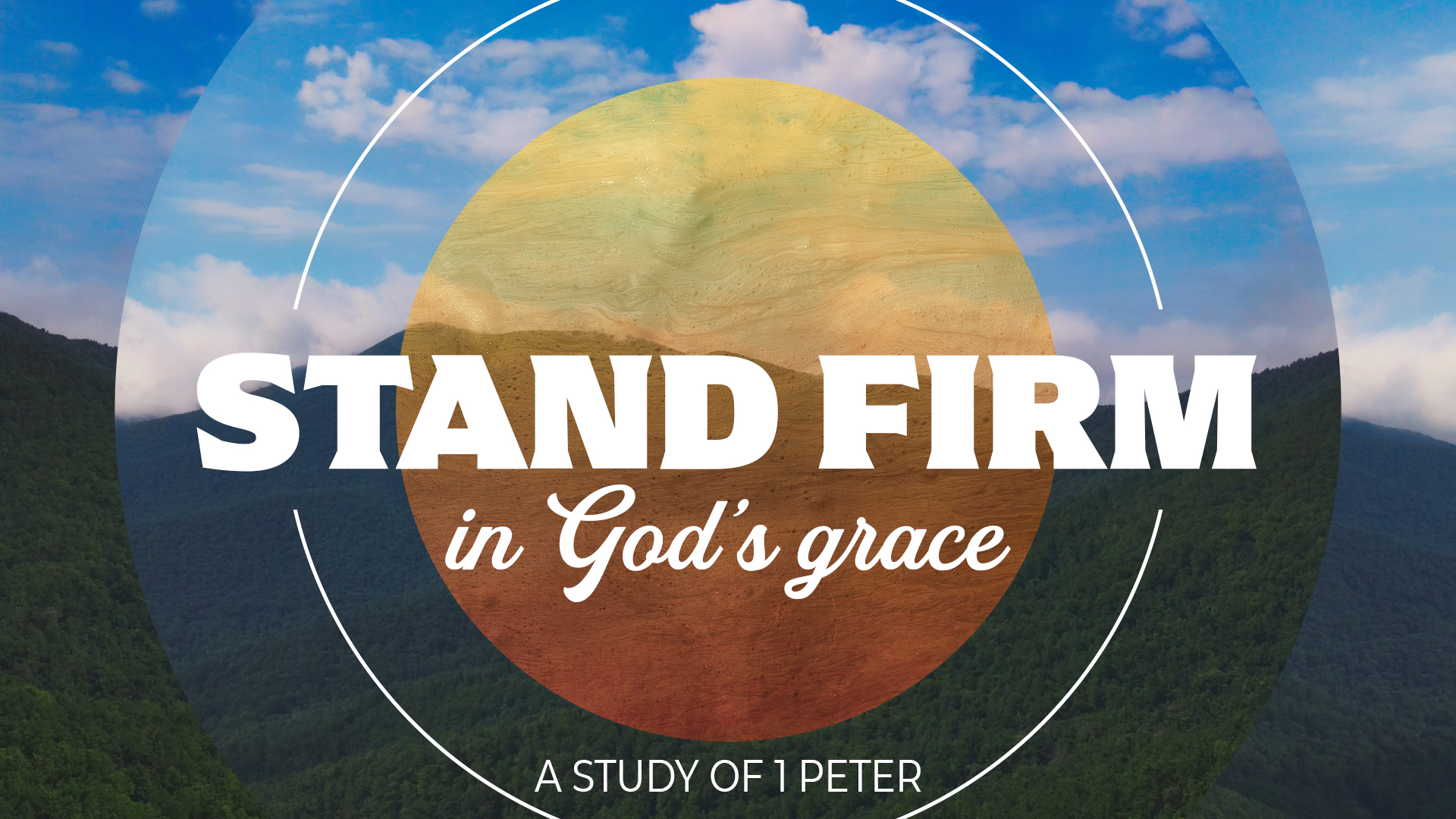
We began studying 1 Peter in August and are continuing now with Part 2. You can follow along with our daily readings in preparation for Sunday’s sermon by clicking the link below or sign up for daily text reminders. To sign up for daily reminders, text @LBCBible23 to 81010 to sign up for the daily text messages.
*Note that these reminders come at 6:15 AM on weekdays. If that’s too early, be sure to turn off notifications for these texts.
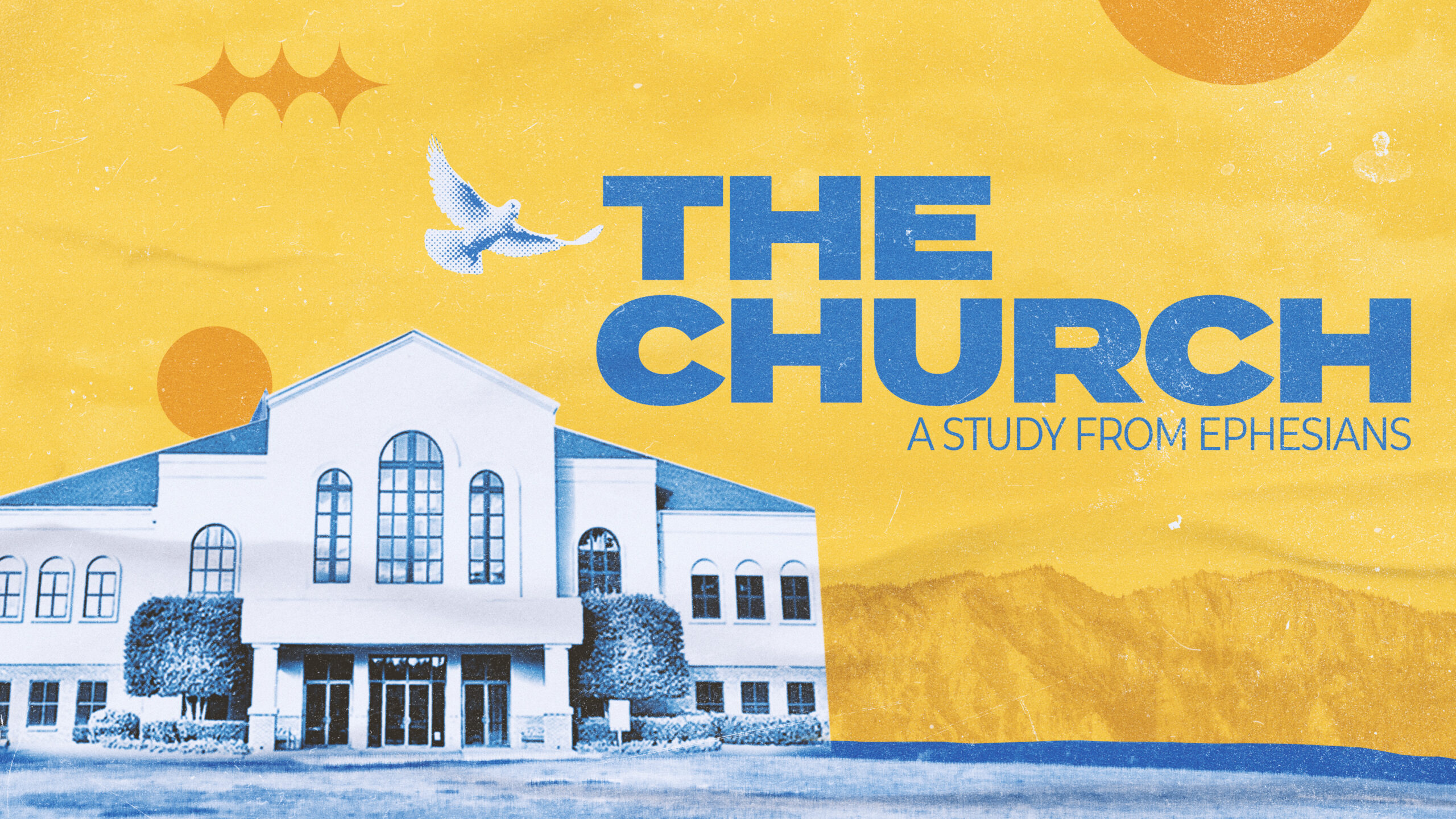
During this 6-week study on The Church we will consider the identity and the responsibility of the church. In the first three weeks, we will give special attention to the images used to describe the church: 1. The people of God, 2. The body and bride of Jesus Christ, and 3. The temple of the Holy Spirit. In the final 3 weeks we will consider how the church functions—both in relationship with each other and in relation to the world. The hope is that we will come away with a richer understanding of the church, and a better idea of how we live as individuals in the church and live as the church in the world.
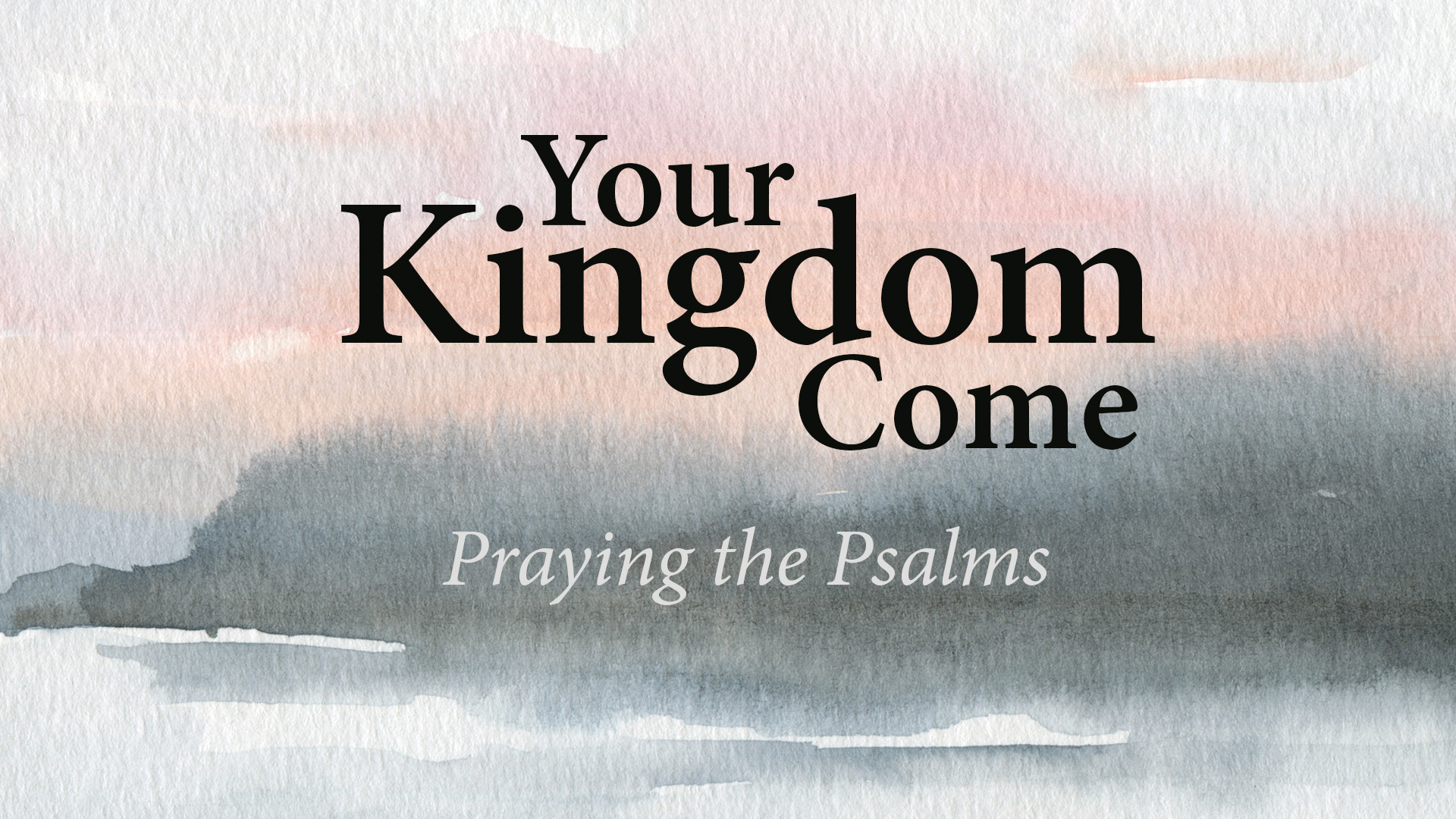
When Jesus taught his disciples to pray, the key request was: “Your kingdom come” (Matthew 6:10). In saying this, Jesus was not teaching the disciples something new, but something ancient. Since Adam’s sin in the garden, God’s people had longed for the return of God’s reign on earth. This longing is found throughout the Old Testament, but nowhere more so than in Israel’s prayer book: the book of Psalms. There it gained an enduring voice which echoed throughout the centuries. Of course, Israel’s prayer book was Jesus’s prayer book, so when he taught his disciples to pray “Your kingdom come,” he was echoing the Psalms. As Christ’s disciples, this call continues to us today. But what exactly are we doing when we pray “Your kingdom come”? In studying the Psalms, we discover what this truly means.
In John 17:17, Jesus said, "Sanctify them in the truth; your word is truth." This year we are looking at TRUTH. What is truth and how can we know it?
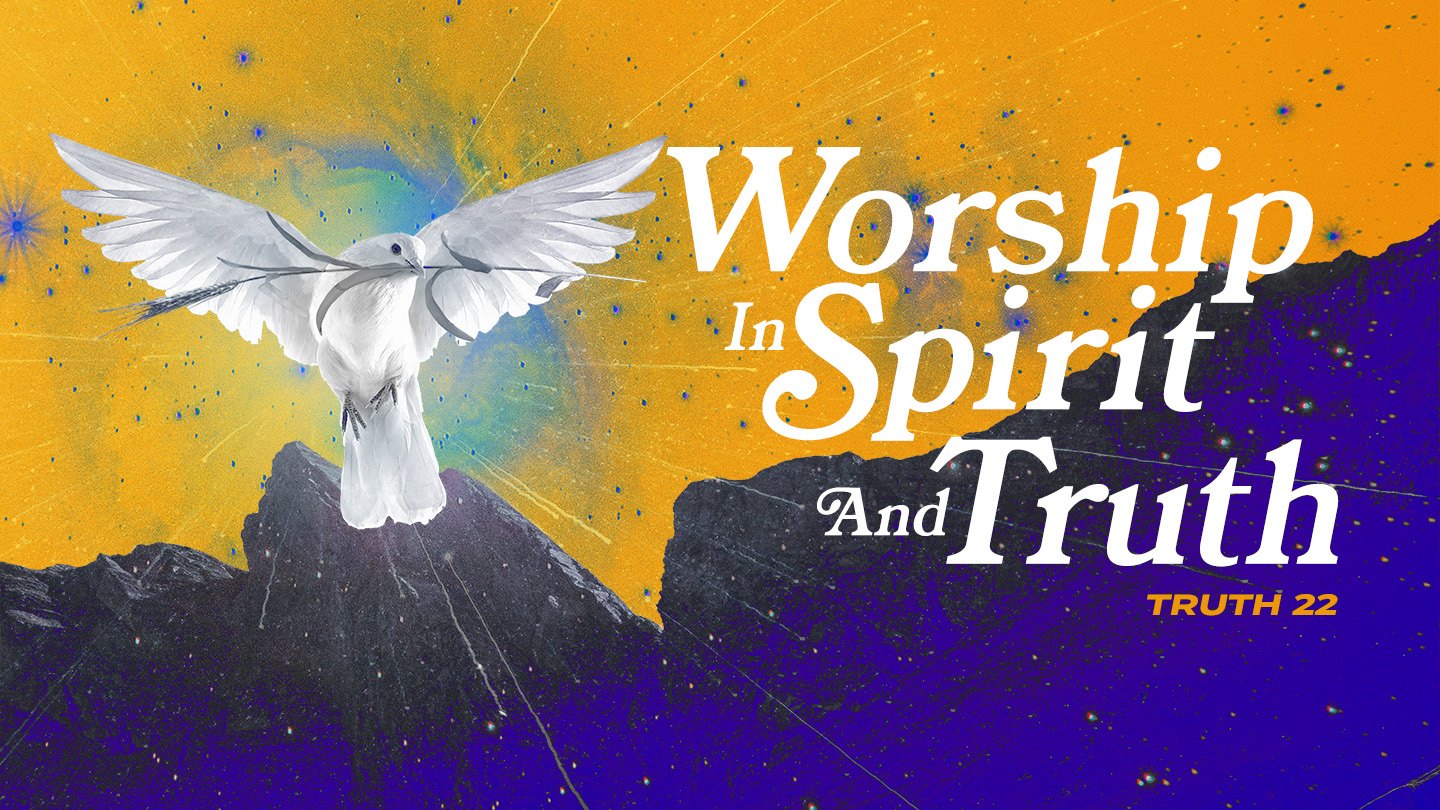
In John 4, Jesus tells the woman at the well that true worshipers will worship the Father in spirit and truth. On Sunday mornings in November, Dr. Tyler Smiley will unpack what this looks. Our daily reading plan will take us through the book of Romans except on Fridays when we read the sermon text for Sunday.

The foundational truth of our faith is that there is one God who is Father, Son, and Holy Spirit. In this study, our goal is to grow in the grace and knowledge of God through a study of how he reveals himself as Father, Son, and Holy Spirit. To guide us in our study of the Bible, we will work through a historic confession of faith, the Nicene Creed. Our Spirit-filled forebearers in the faith wrestled with God’s Word to summarize faithfully what Scripture teaches about God. It will help guide us through God’s Word, as we ourselves search the Bible to come to know God better and to love him more.

The Minor Prophets are some of the least-known books in all of Scripture. And the reason for this is because they are seen as small, random, and insignificant– much like the box of leftover pieces at the lumberyard. Yet, as we shall see, nothing could be further from the truth. In this series, we will explore just how central the Minor Prophets were to the writers of the New Testament and, therefore, how important they are for us today.

In the closing decades of the first century, the apostle John wrote a letter to his dear friend Gaius. John had been with Jesus; he had seen him crucified, buried, and resurrected; he had seen Jesus ascend into heaven; and then he had served Jesus faithfully by spreading the message of the gospel around the world. HavIn ing lived through all this, the aged apostle pens a short and intimate letter that reveals his greatest joy in life: seeing those he has ministered to walk in the truth. In this biblical book we are called to believe the truth about Jesus, and live our lives based on this truth. In a phrase, we are called to Walk in the Truth.
In 2021, we took a closer look at the Gospel.
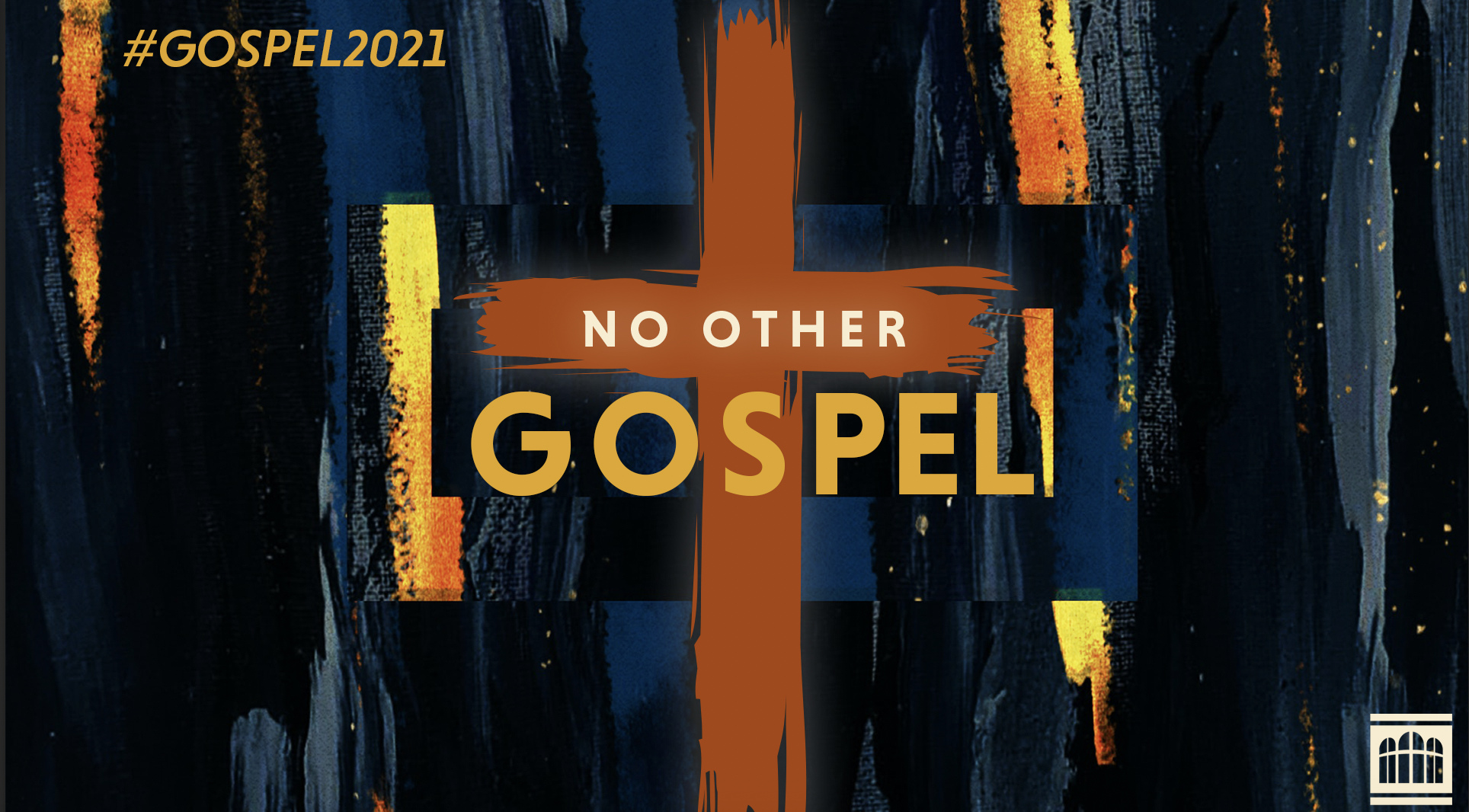
To add anything to the gospel is to lose the whole gospel. For many, the gospel is seen as merely the starting point of the Christian life. Often we believe, “I trusted in Jesus, and now it is up to me to work as hard as I can to please God with my life.” Galatians alerts us to the danger of losing the gospel—not by rejecting Jesus but by living as if his work must be completed by our obedience. Paul shows us that the gospel of God’s grace is the center of the entire Christian life. We begin and continue to follow Jesus only through faith and by God’s grace.

The resurrection is our gospel hope. For many, the cross and the gospel are nearly synonymous. We know that Jesus died for us, but in order for the gospel to be truly good news we cannot stop there. The gospel story does not end in the grave. We affirm with Scripture that the work of Christ extends beyond the cross through the grave to his resurrection and eventually to our own resurrection.
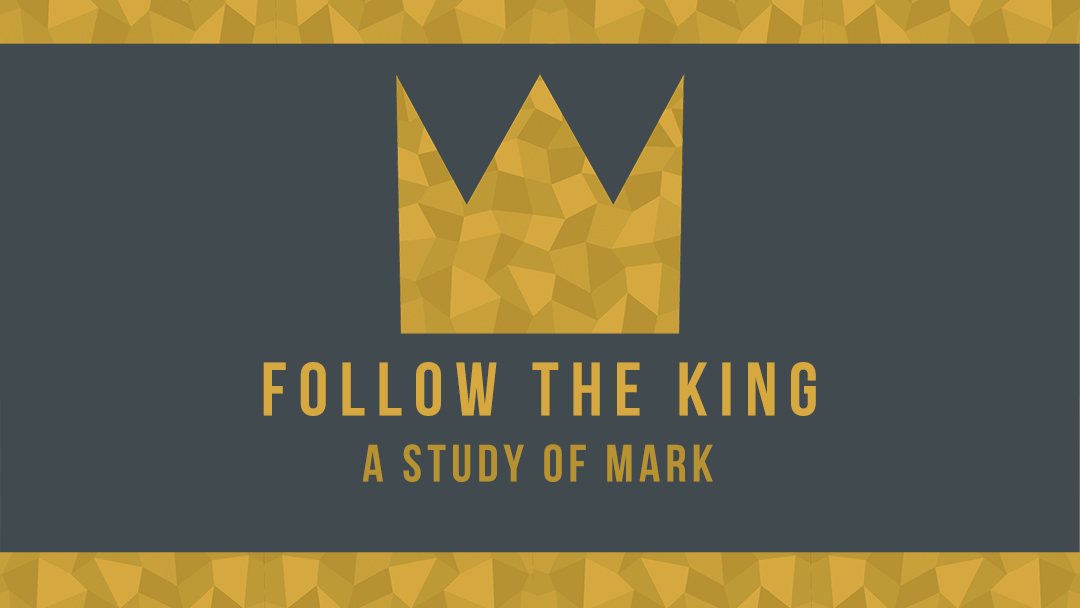
Who is Jesus? How do I follow him? These two questions resound through the Gospel of Mark. Jesus is king. He has all authority. He is the exalted Son of God, the long-awaited Christ. Yet, he is the most unexpected king, for he conquers through his own suffering and death. His kingship demands a response. We are to turn to him in faith. We are to follow the king.

Jude urges followers of Jesus “to contend for the faith that was once for all delivered to the saints” (v. 3). This book prompts us to examine the nature of this faith. Faith is more than intellectually assenting to a set of beliefs. True faith leads one to rest in Christ Jesus and to commit to him. Such faith manifests itself in how one lives. Confessing that Jesus is Lord should lead us to live with him as Lord over every inch of our lives. The grace of God in Christ fuels our lives of obedience. To contend for the gospel means that we as individuals and as a church must live out the truth of the gospel.
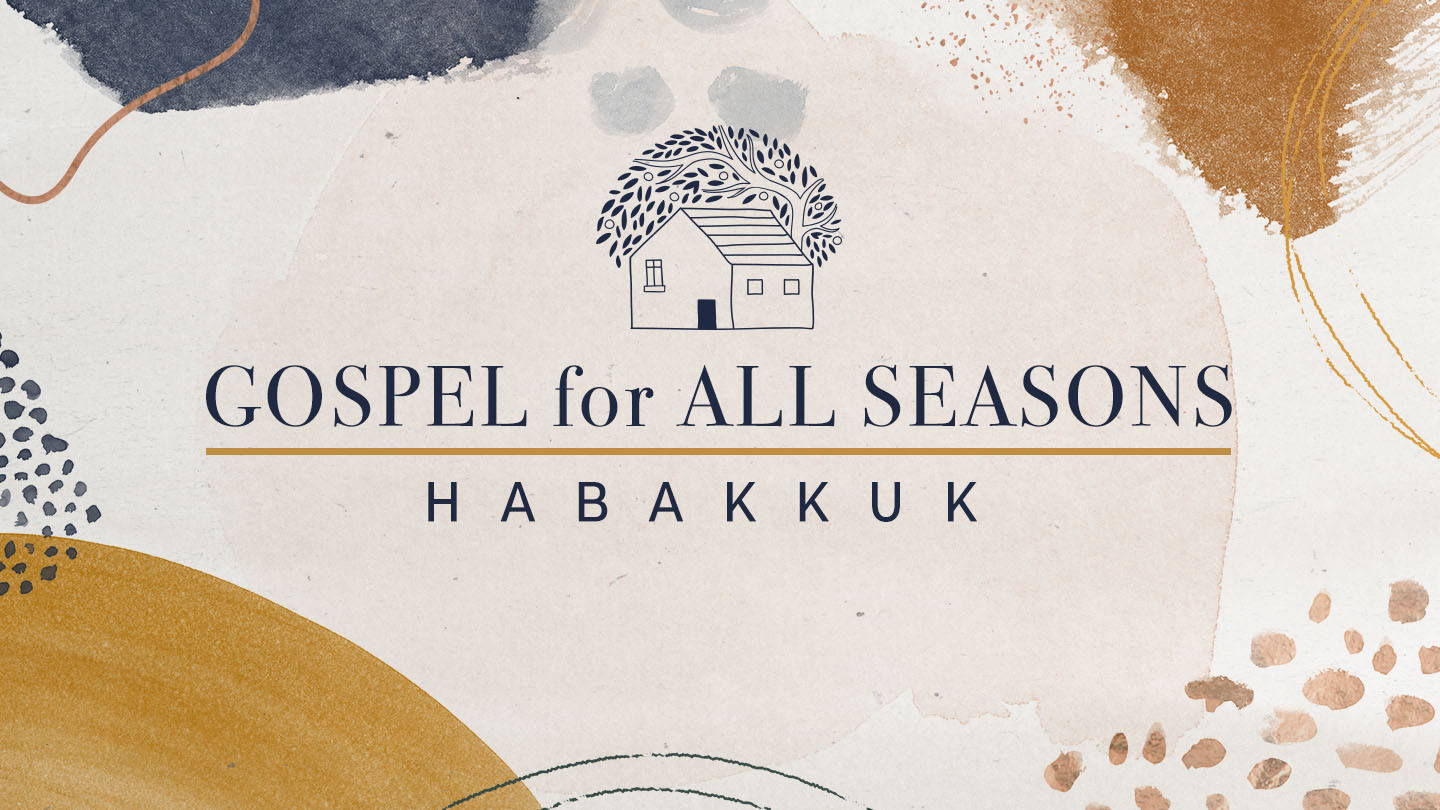
Habakkuk calls us to trust in the Lord and his good purposes no matter the circumstances. His three chapters take us on his journey of faith from his crying out to God for justice, to his questioning God’s answer, and, ultimately, to his resting in God’s promise. “The righteous shall live by faith” forms the central message of the book. No matter what we face, we can walk with steadfast trust in the Lord because his steadfast love endures forever.

“I am the vine,” Jesus declares, “you are the branches. Whoever abides in me and I in him, he it is that bears much fruit, for apart from me you can do nothing” (Jn 15:5). Our life depends on being united to Jesus. In fact, our entire salvation depends upon union with Christ. Through this study, we will see how we are united to Christ Jesus through the gospel and enjoy this union now and look forward to its completion in the new creation.

The gospel of Jesus Christ brings hope to all people because the gospel is “the power of God for salvation to everyone who believes” (1:17). Paul unpacks this gospel of hope in the book of Romans as he writes to encourage unity in through their shared hope and he writes to invite the church to join in his mission of taking the gospel around the world for the glory of God. As he explains the hope of the gospel, Paul helps us see that Jesus Christ gives us hope, not only for the world to come, but also for life in this world.
To sign up for text reminders of the daily Romans readings, text @gospel2021 to 81010

The Bible unfolds God’s plan “to purify for himself a people for his own possession” (Titus 2:14). As we read from Genesis to Revelation, we learn that God’s plan is for his people to be made up of those from “every tribe and language and people and nation” (Rev 5:9). He has a plan to bless the nations, and this blessing comes through Jesus Christ. The good news of God’s redeeming work in Christ is for all who believe in him. The gospel is for all nations.
To sign up for text reminders of the daily readings, text @gospel2021 to 81010
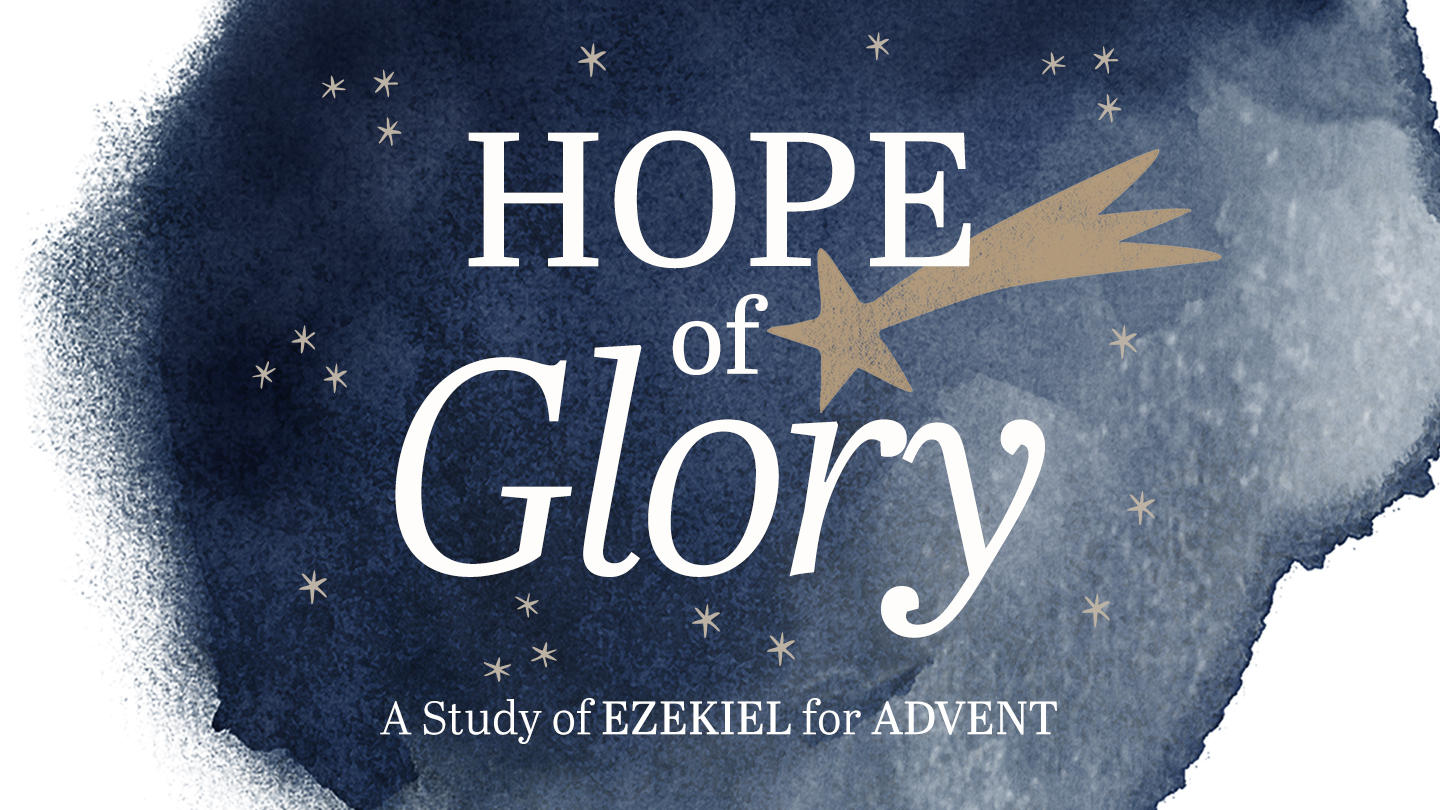
At Christmas, we remember that the Son of God came to earth for us and for our salvation. Yet, before we turn to the joy of Christmas, Advent calls us to reflect on our need for Christ. Ezekiel helps us see our need for Jesus by lifting our eyes to see the holiness and glory of God and, at the same time, confronting us with the devastating reality of our sin. The hope of Ezekiel is that God does not abandon his people. He promises to give them new hearts and to put his Spirit within them. As we come to Christ, our hope of glory, we see that he fulfills all that is promised in Ezekiel so that God can be our God and dwell among us.
To sign up for text reminders of the daily readings, text @gospel2021 to 81010
Interested in learning more about past studies? You are in the right place!

To live well is to live wisely. The challenge becomes that what the world describes as wise and what the Bible teaches is wise are opposed. In fact, biblical wisdom is seen as foolishness to the world. If we want to live well — if we want to live a truly wise life — we must look to the Scriptures. When we look to the Bible for a true definition of wisdom, we see that wisdom is not a thing but a person. True wisdom is none other than Jesus Christ. This study takes you through the Bible, examining wisdom and pointing you to Jesus.
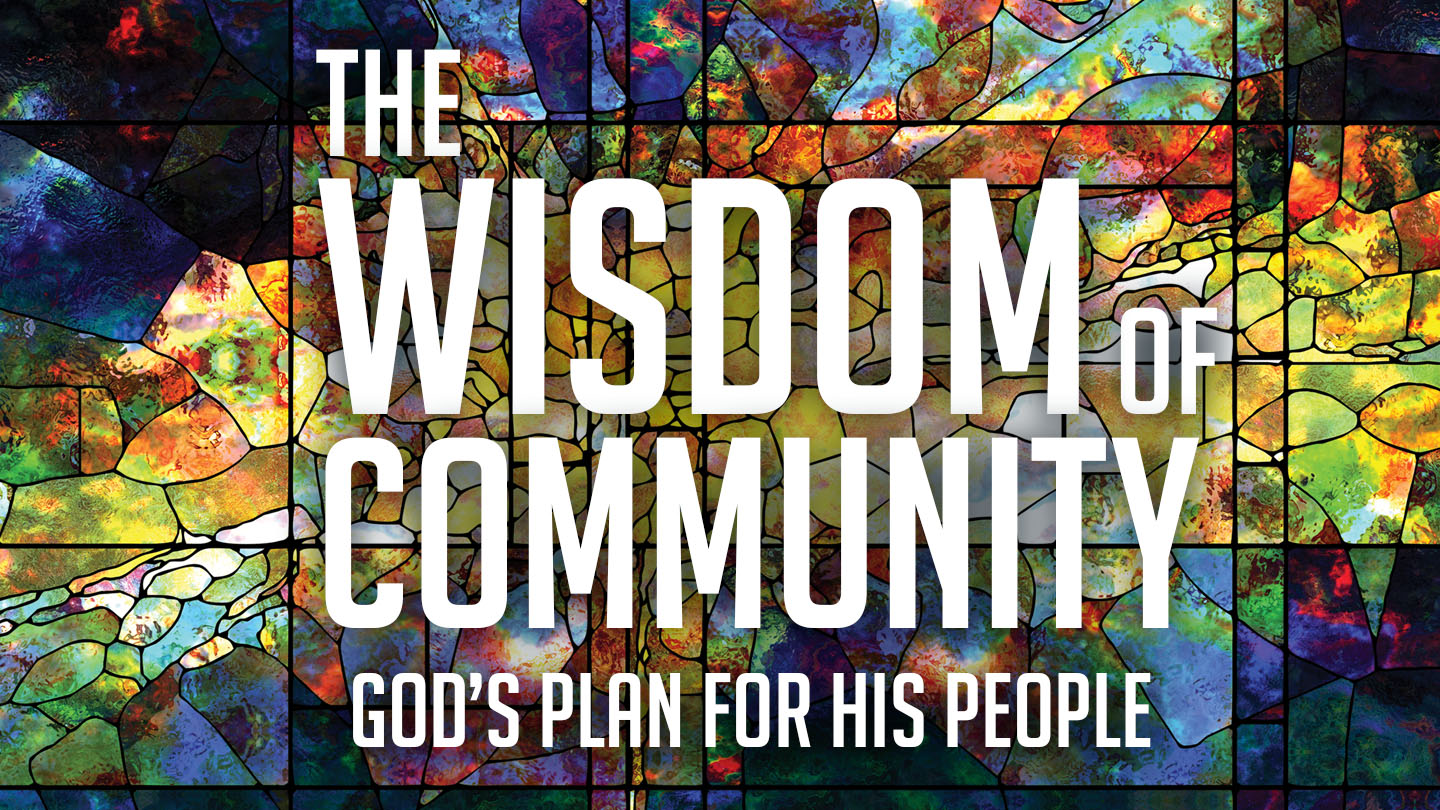
The church is God’s wise plan for the good of his people and for his glory. This 6-week study through the book of Ephesians demonstrates to followers of Jesus that we need the church. God has designed the life of faith in such a way that our survival depends on the community of the church. To be a follower of Christ is to be a member of a local congregation. The church is necessary for our own growth in godliness and for us to join in God’s mission.

To add anything to the gospel is to lose the whole gospel. For many, the gospel is seen as merely the starting point of the Christian life. Often we believe, “I trusted in Jesus, and now it is up to me to work as hard as I can to please God with my life.” Galatians alerts us to the danger of losing the gospel—not by rejecting Jesus but by living as if his work must be completed by our obedience. Paul shows us that the gospel of God’s grace is the center of the entire Christian life. We begin and continue to follow Jesus only through faith and by God’s grace.
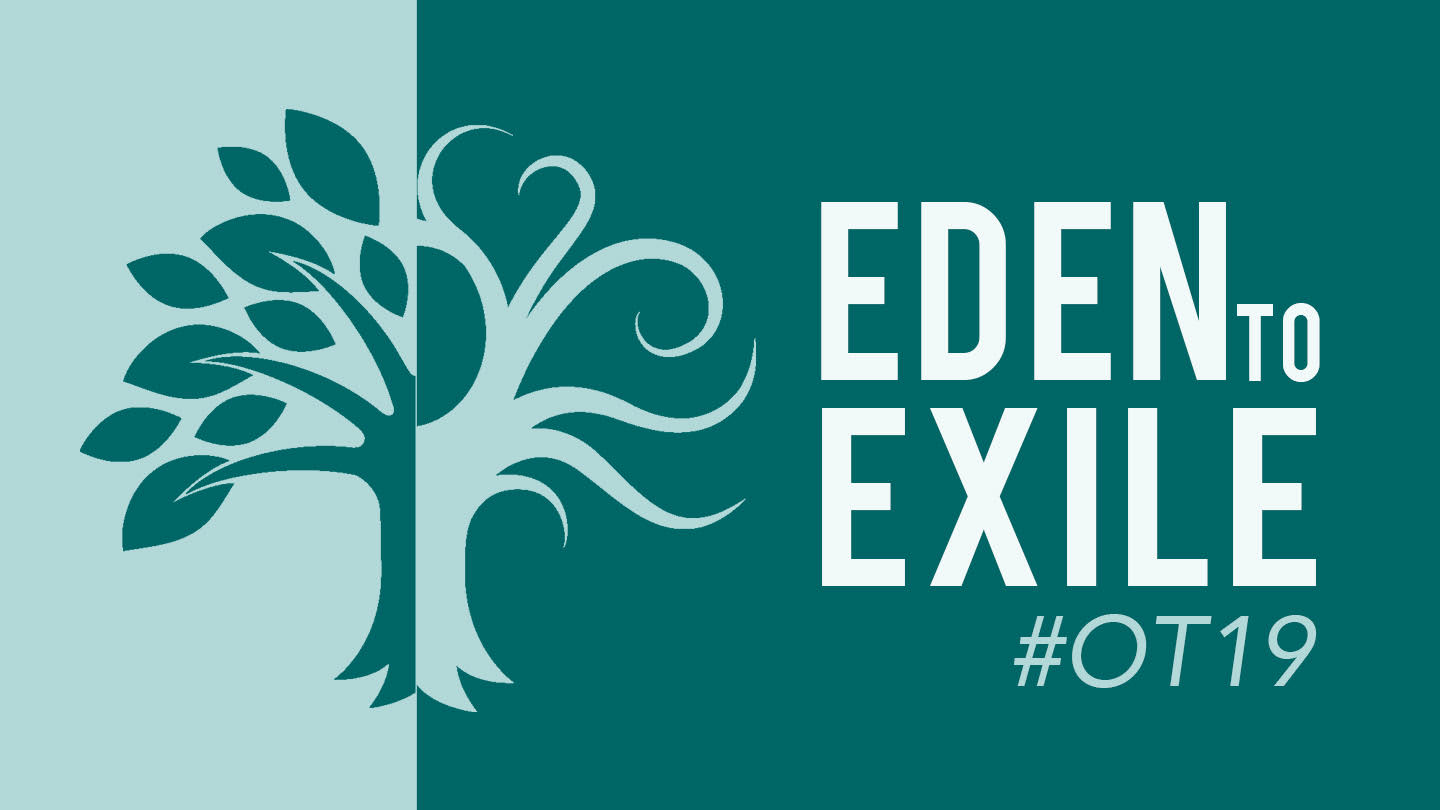
In 2019, we ventured on a one-year journey through the Old Testament and studied its connection with Jesus in the New Testament. We read the stories of the Old Testament, from Eden to Exile and ended the year with Isaiah’s prophesies of Emmanuel. Each week ended with a devotional reading connecting what we read in the Old Testament to Jesus in the New Testament.

In this six-week study, we reflected on six Psalms that paired with our OT19 readings about the life of David in 1-2 Samuel. From David’s own meditations, we gleaned how we can biblically and faithfully live our own lives in a manner that honors God even in the midst of life’s deepest valleys.
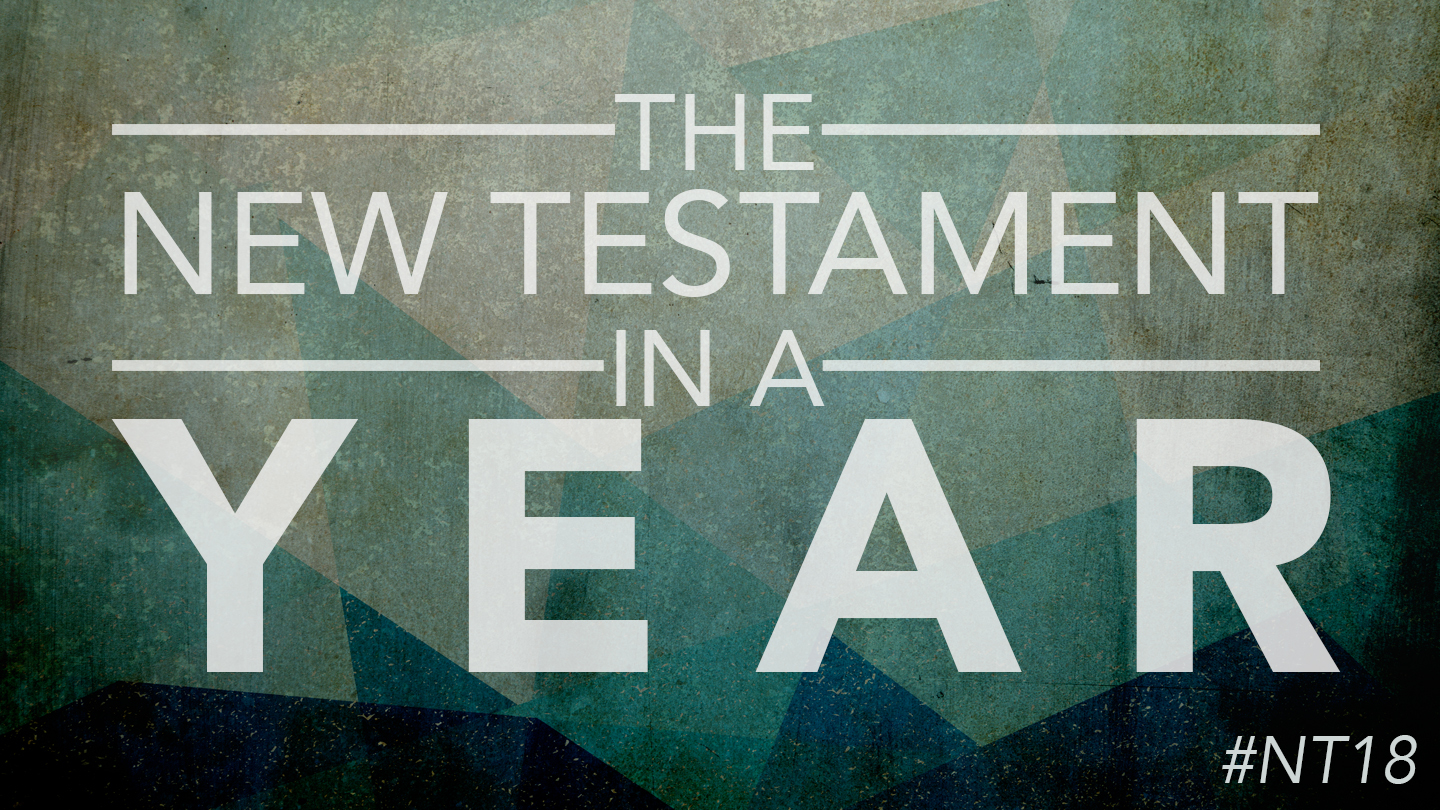
In 2018, we read the New Testament—verse by verse, chapter by chapter, day by day, week by week. In 365 days, we read the entire New Testament together as a church.
Each day, we read, meditated and prayed over one chapter of the New Testament. Each week, we discussed our daily readings together in small groups. In corporate worship on Sundays, we focused on the readings for that week.